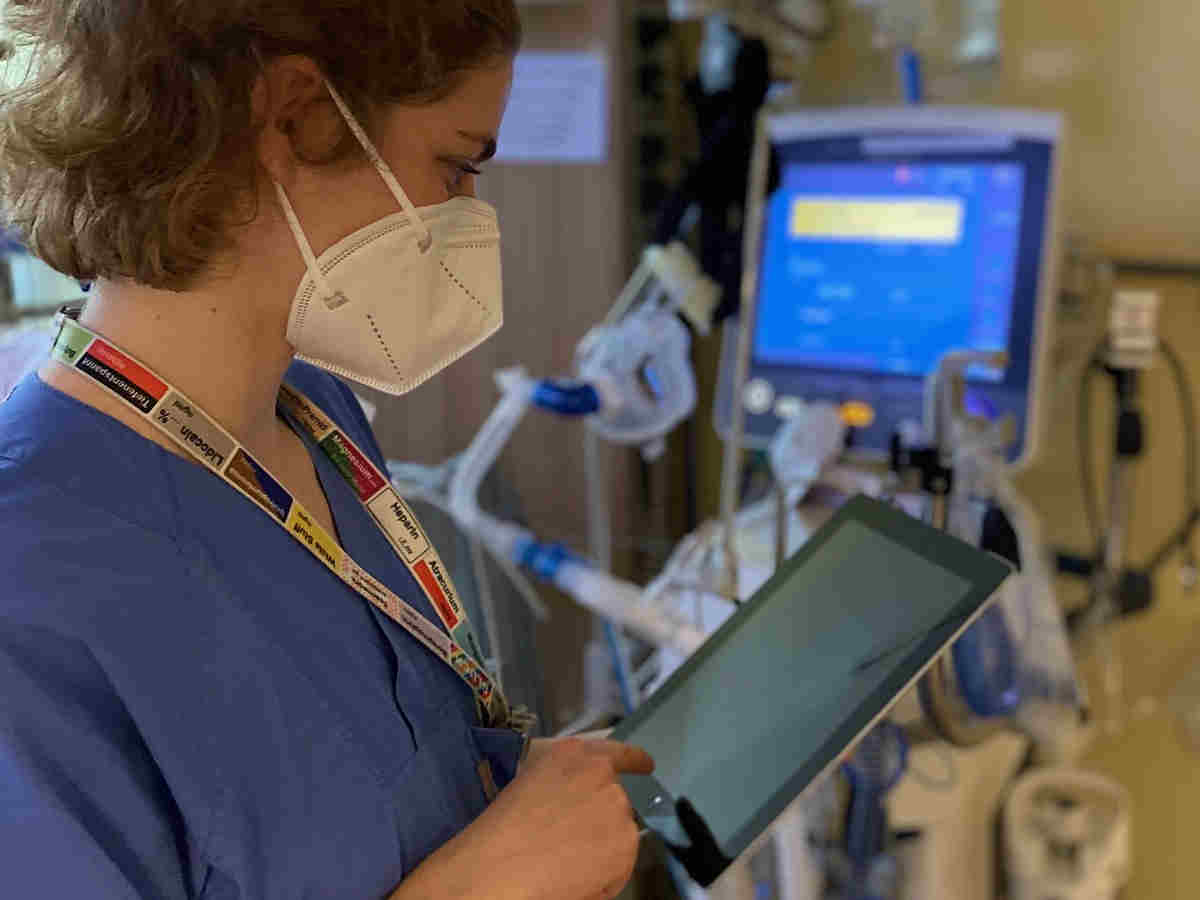
@ShahidNShah


Digital health technologies such as continuous remote monitoring and artificial intelligence–driven clinical decision support systems could improve clinical outcomes in intensive care medicine. However, comprehensive evidence and guidelines for the successful implementation of digital health technologies into specific clinical settings such as the intensive care unit (ICU) are scarce. We evaluated the implementation of a remote patient monitoring platform and derived a framework proposal for the implementation of digital health technology in an ICU.
This study aims to investigate barriers and facilitators to the implementation of a remote patient monitoring technology and to develop a proposal for an implementation framework for digital health technology in the ICU.
Implementation of digital health in the ICU should involve a thorough pre-implementation assessment of the ICU’s need for innovation and its readiness to change, as well as an ongoing evaluation of the implementation conditions. Involvement of all stakeholders, transparent communication, and continuous feedback in an equal atmosphere are essential, but leadership roles must be clearly defined and competently filled.
Continue reading at formative.jmir.org
It’s common for health systems, which feel pressured to innovate but are unsure how to implement change, to choose flawed approaches. Having a thoughtful strategy for success can make all the …
Connecting innovation decision makers to authoritative information, institutions, people and insights.
Medigy accurately delivers healthcare and technology information, news and insight from around the world.
Medigy surfaces the world's best crowdsourced health tech offerings with social interactions and peer reviews.
© 2025 Netspective Foundation, Inc. All Rights Reserved.
Built on Mar 28, 2025 at 1:45pm